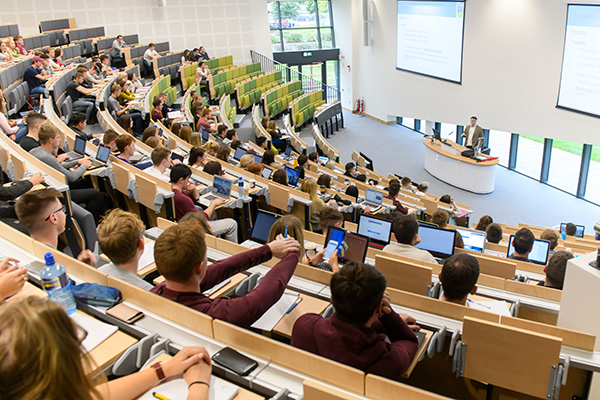Geographic Information Systems (GIS) allow the acquisition, storage, analysis and visualisation of location-based data. This core module will introduce you to ArcGIS, the most widely used GIS software package. It will enable you to understand conceptual, theoretical and practical geographical considerations and, most importantly, gain practical GIS skills for their use and application. These skills will cover spatial data creation, sourcing, management, mapping and geoprocessing.
The module is delivered mainly through hands-on computer lab-based practicals, complemented with lectures covering theory and analytical themes that GIS are designed to handle. The practicals will focus on analysing, visualising and interpreting spatial data to support environmental and socio-economic assessments, using demonstrative examples and problem-solving exercises. A significant part of the learning will be self-directed, allowing you to develop your skills and spatial awareness by designing and delivering a spatial analysis project tailored to individual research and/or interests.


